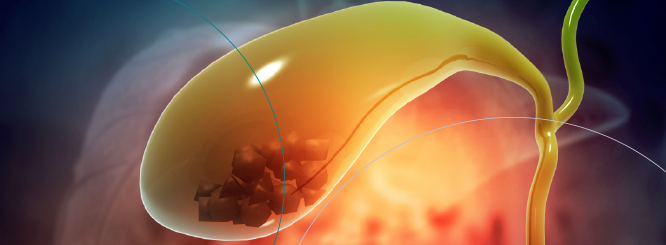
Weight loss surgery is one of the most common bariatric procedures available for patients who are dealing with morbid obesity, hypertension, and type 2 diabetes. Bariatric surgery has proven to be useful for losing weight and for correcting or reducing other comorbid issues, such as hyperlipidemia, GERD, and lower back pain. The postoperative recovery process takes several months and if the procedure goes over smoothly, the patient should expect positive results, as long as they also follow their doctor’s recommendations on how to take care of their body.
These recommendations can include a determined resting period, prescribed medication, a specific diet, and removing certain habits from your daily life that could hinder your recovery. However, it’s important to keep in mind that all weight loss surgeries can have potential complications during and after the procedure. Some complications that may arise while recovering from bariatric surgery include infection, hemorrhages, hernias, and ulceration.
Another complication that can arise, specially in the first two years following bariatric surgery, is the development of gallstones.
For this article, we’ll discuss why gallstones are common after weight loss surgery and what can be done to prevent them from developing. Our team at LIMARP®, led by Dr. Liza María Pompa González, takes care of you on each step of the surgical process so that any arising complication can be treated effectively and safely. Postoperative care is part of the integrative treatment plans we offer, meaning that if you suffer any type of complication after your weight loss surgery, such as the development of gallstones, our team of multidisciplinary doctors are fully equipped to treat you and ensure that you recover successfully.
As always, we’d like to remind you that each case is different and that the information presented in this article may not apply to your specific situation. If you’ve recently had any type of bariatric surgery and are experiencing uncomfortable side effects or unmanageable pain, please contact your doctor right away or schedule a consultation at our Tijuana clinic.
What are gallstones?
Gallstones are small stones, usually made of cholesterol, that form in the gallbladder[1], and they can vary in size and number, and may or may not cause symptoms. So, how does the gallbladder work? This organ resembles a pouch and it can be found just below the liver. Its main purpose is to store and concentrate bile. The bile stored in the gallbladder becomes more concentrated overtime, which makes it better at digesting fats and, when needed, it’s released into the digestive system.
Gallstones: Causes and How to Prevent Them
One explanation as to why gallstones appear is because of an imbalance in the chemical make-up of bile inside the gallbladder and in most cases, gallstones are usually the product of excess cholesterol. It’s common for people to develop gallstones and it’s rare that they actually display symptoms. However, a person is more at risk of having gallstones if they’re overweight or obese, over 40 years old, and if they have recently gotten bariatric surgery.
The reason why many people who have undergone weight loss surgery need to have their gallbladder removed is due to gallstones, which appear because of the rapid loss of weight and the change in bile circulation. Gallstones are usually symptom free, but if a gallstone becomes trapped in a duct inside the gallbladder, it can trigger intense pain in your stomach that can last between one and five hours. If this problem persists, your doctor may recommend having your gallbladder removed.
However, there are several ways to prevent gallstones from developing, from diet changes to prescribed medication. It’s important that your doctor approves any changes in your diet and lifestyle, especially if you’re recovering from weight loss surgery.
When it comes to medication, ursodeoxycholic acid is recommended to reduce the size of the gallstones; as for diet changes, the following modifications may help prevent gallstones from appearing.
- Balancing the fats and the carbohydrates to normalize the levels of blood lipids and triglycerides.
- Eating fish at least three times a week.
- Replacing animal fats with vegetable fats
- Adding wholegrains, vegetables, berries, and fruit to your diet. A fiber-rich diet can reduce the risk of developing gallstones.
- Avoiding skipping meals, especially if you’re on a controlled diet.
- Including plants that promote bile solubility, such as artichoke and turmeric.
- Reducing the amount of alcohol you consume. This will also help you avoid any other type of health complications.
Contact Us to Learn More
If you want to learn more about how to prevent gallstones after weight loss surgery, schedule an appointment with one of our doctors. We can help determine the right treatment for you. Contact us online anytime or give us a call at (619) 373-0229.
References
[1] “Gallstones”. https://www.nhs.uk/conditions/gallstones/. (Accessed February 23, 2023).


